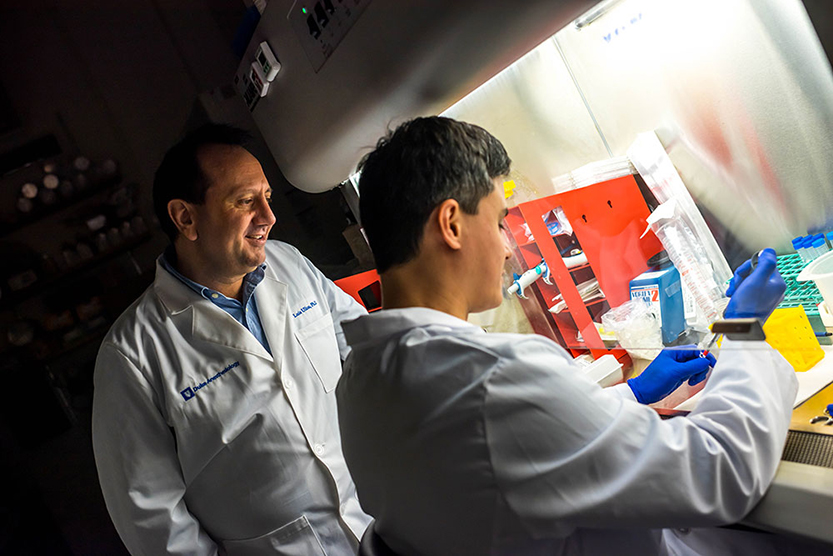
Despite the modern advances in medicine and patient care, surgery, organ transplantation, cancer treatment, and critical care can cause organ injury, morbidity and mortality. We are beginning to understand the complexity of the multifactorial processes that contribute to organ dysfunction during clinical interventions and critical illness. The burden on patients and their loved ones, as well as the material costs associated with these complications, have initiated efforts to develop new therapies and standards in patient care. The Center for Perioperative Organ Protection (CPOP) strives to conduct innovative translational research to promote clinical excellence in organ protection, and to improve clinical standards for perioperative care in general. Perioperative medicine is a critical and expanding area that is still not fully implemented in many hospitals. Duke University Medical Center provides an excellent academic environment for CPOP investigators to foster collaborations with scientists from other basic science and clinical departments.
Our mission includes an educational component that is designed to:
- Raise awareness of the opportunity for research in perioperative organ protection
- Provide professional instruction in novel perioperative practices to improve clinical standards and patient outcomes
- Instruct health care providers on ways to improve patient care during clinical interventions and critical illness
- Raise awareness of the impact of perioperative care on patients’ physical and mental outcomes, and on general health economics
- Support the validation and integration of complementary medicine and alternative therapies into clinical practice for organ protection and treatment
- Promote collaboration with different departments and institutions within the hospital and the medical center, and among scientists and physicians with different backgrounds
- Provide mentorship services that nurture the transition of junior scientists to independent researchers, and provide a platform for senior scientists to excel in their research and increase their funding